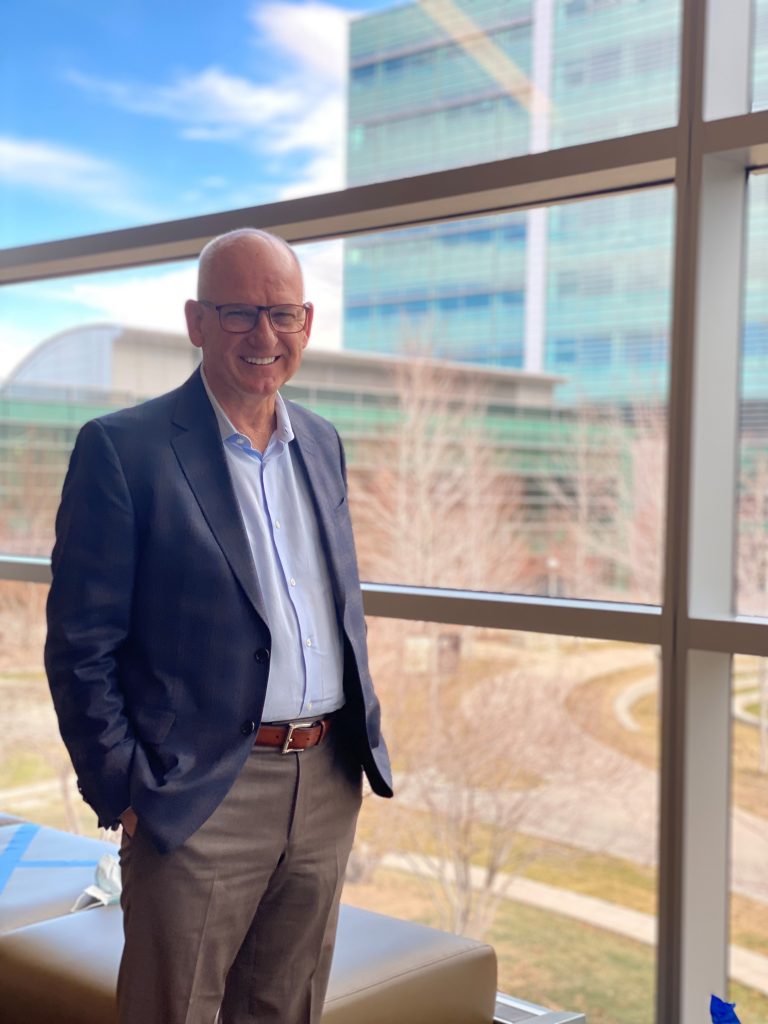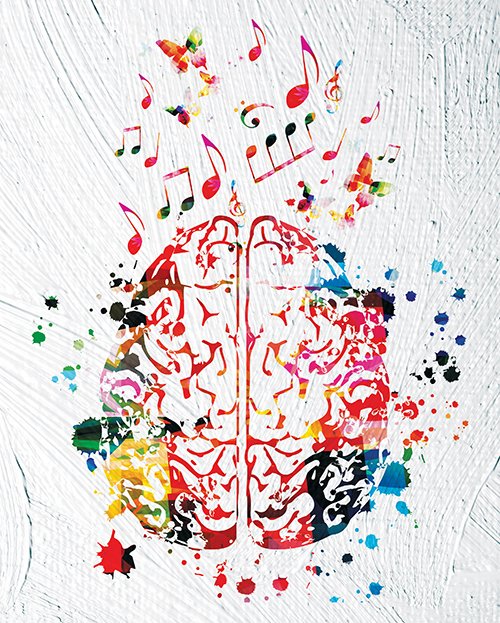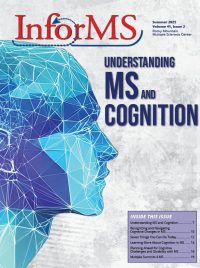One of the most overlooked areas of general health — especially for those living with MS — is also one of the most important: getting a healthy amount of good,…
The Rocky Mountain MS Center has adapted several programs to continue providing support services and social connection opportunities that our MS community counts on through disruptions to in-person activity caused…
General health routines may have also become disrupted over the last year and a half. It may have been more difficult to get to appointments and there may have been…
In her book, Set Boundaries, Find Peace, licensed therapist Nedra Glover Tawwab writes, “The root of self-care is setting boundaries: it’s saying no to something in order to say yes…

Since 2008, Dr. Timothy Vollmer has not only been one of the primary neurologists seeing patients at the Rocky Mountain MS Center at University of Colorado, but has also served…
Like with all habits, it helps to start small. Try something new that you’ve always been curious about or interested in learning more about. Starting small could mean taking a…
Here’s a compilation of some fun and free apps to inspire creativity or provide tools to create! Happy Color: A great app for creating and coloring pictures. Especially helpful you have…

Expanding our understanding of creativity, why it’s important for our health and well-being, and how it can help us navigate challenging times. When we first see the word “creativity” in…
A Lifelong Practice for Coping with Stress and Anxiety As we reflect on the past year, some words and emotions are likely to surface for many of us right away:…

The Rocky Mountain MS Center and our partners at the Rocky Mountain MS Center at University of Colorado advocate for a fundamental philosophy of maximizing lifelong brain health through early…



